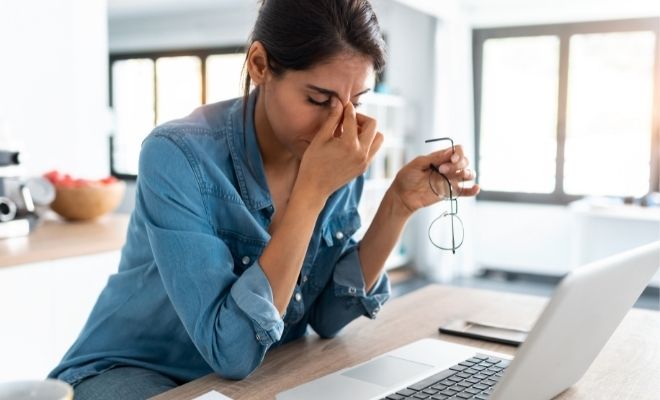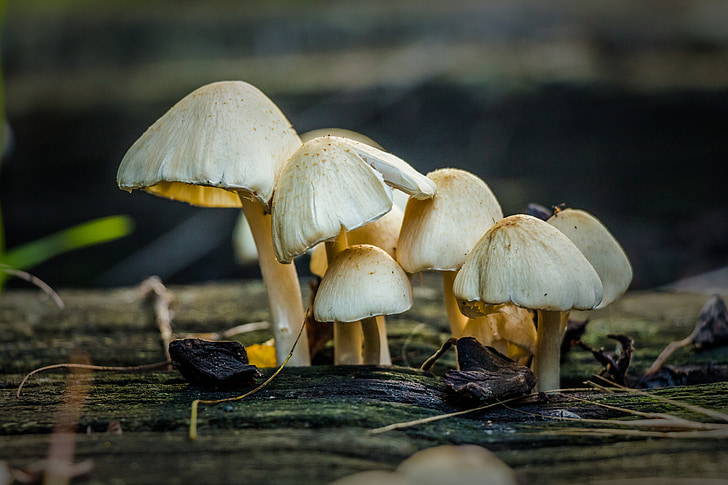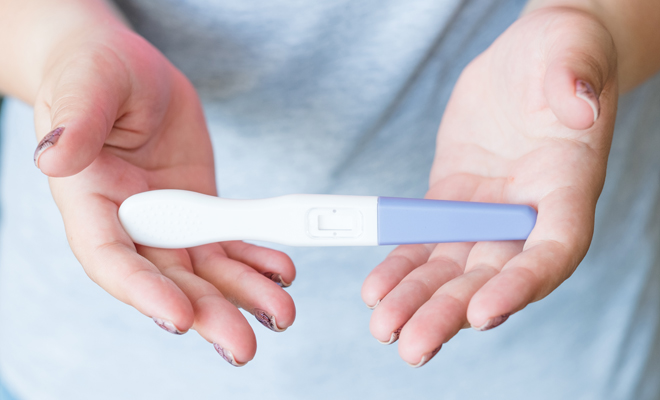We tend to think that anxiety problems are inevitable, just like anxiety attacks. Indeed, an anxiety attack can arise at any time and may or may not be motivated by a specific situation, which gives it a somewhat uncontrollable character.

But the situation is not as bad as it seems. Little by little we will learn to manage anxiety until anxiety attacks are a memory of the past. Until then, we also have some guidelines for action in the event of an anxiety attack, so that it is not so long or so distressing.
The first steps of the anxiety crisis
The anxiety crisis is announced in the form of some symptoms such as sweating, tachycardia, shortness of breath or dizziness, among others. As soon as we notice those first symptoms, we must attack them. Ace? Letting them know that we have the situation under control, that we know what is happening to us and that we know that it will only be a moment.
Acknowledging out loud that we are going through an anxiety attack, that we recognize the symptoms and that we know that nothing bad is going to happen to us is a good way to avoid that feeling of unreality and lack of control that usually accompanies anxiety attacks.
The infallible remedy of the plastic bag
Logically, when an anxiety attack is underway, we are not going to stop it simply by telling it that we are not afraid of it. The crisis continues, but we can reduce its intensity. The classic plastic bag is not an unfounded grandmother’s remedy, but is still the most effective method to end an anxiety attack.
We can calm down a bit simply by breathing into a plastic bag , making sure that the nose and mouth are inside the bag, taking a deep breath in through the nose and slowly out through the mouth. The objective of breathing in the plastic bag is to avoid hyperventilation and, therefore, that sensation of splitting between body and mind, of unreality.
What to do when the anxiety crisis ends?
Once the anxiety crisis has subsided, it is best to take a relaxing infusion to help us stay calm. It is time to stop to reflect and write down the situation that started the crisis. If it was something specific or it was due to the accumulation of nerves. Any sensation that we have had in the previous moments will serve to discover the causes of our problem and diagnose the type of anxiety .
Then, we only have to put ourselves in the hands of professionals, preferably a psychologist, to help us identify the stressful situations that lead us to anxiety attacks, in order to face them and avoid a new episode.





